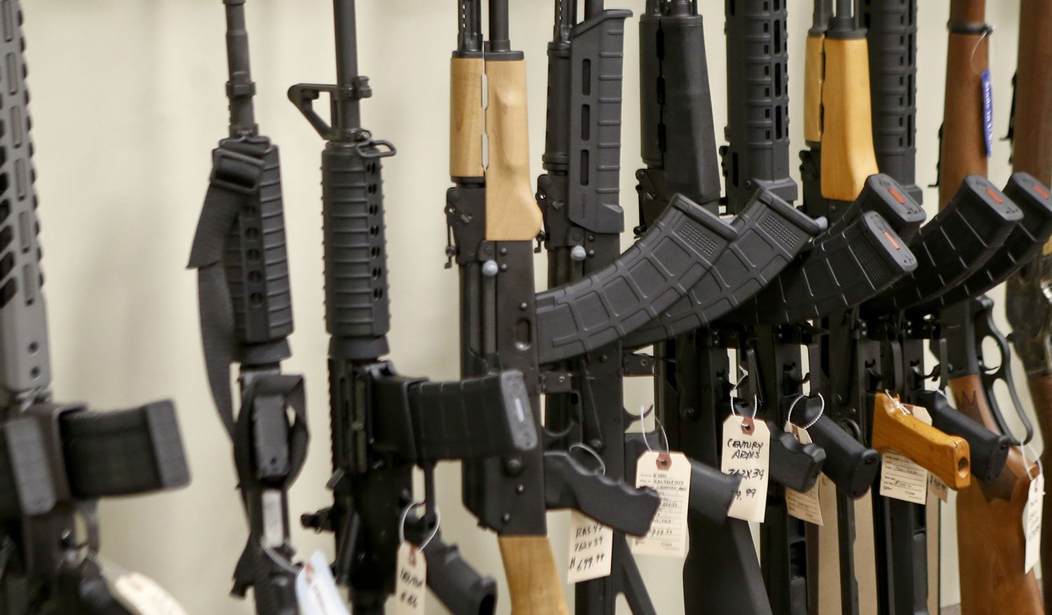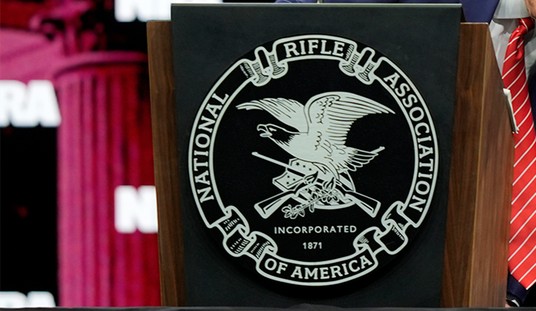The headline is surprising for the New York Times: “Shooting In Sydney Raises Questions About Gun Control”. Sounds like something you might read here, or maybe the headline to a Stephen Gutowski story or a David Harsanyi column, right? The story itself, however, is exactly what you’d expect from the Times.
A gunman was shot dead by the police on Wednesday after an hourlong shooting spree across western Sydney that targeted a home and two police stations.
The police said the man, firing a shotgun in the middle of a busy suburb, wounded several officers, including one who suffered a head injury.
The shooting comes at a time of rising concern among gun control advocates in Australia who have been arguing for years that the country’s strict gun laws — passed after a mass shooting in 1996 — have been weakened over time by a small but powerful gun lobby.
Australia’s laws have gotten weaker over time? That’d be news to every Democrat running for president who invokes Australia’s gun ban and compensated confiscation program in reverent tones. Australia is the gold standard of gun control, and now Australia’s gun control advocates are complaining that it’s not working. It can’t be any fault of the gun control law itself, however. It must be the work of the dastardly gun lobby.
Gun ownership has increased over the past 20 years, with roughly 3.2 million firearms in circulation, according to gunpolicy.org, and recent reports have shown that gun owners now have more guns — about 3.9 guns each compared with 2.1 guns in 1997.
That’s the real issue gun control advocates have in Australia. The gun ban wasn’t just supposed to reduce the number and types of firearms in Australia, it was supposed to reduce the number of gun owners too. It was supposed to cripple, if not kill, the culture of lawful gun ownership. It did no such thing. The number of legal gun owners has decreased over the past 20 years, according to one study, but the gun ban didn’t kill off a culture of gun ownership. Instead, it spawned not only a political movement, but a political party.
As a story in Sydney Morning Herald pointed out in a story from earlier this year, gun control groups in Australia are actually demanding that politicians stop listening to gun owners.
After Port Arthur, Mr Howard banned semi-automatic firearms and introduced a National Firearm Agreement that won widespread praise both at home and internationally.
But since then, according to the Australia Institute reports, which were commissioned by Gun Control Australia with contributions from GetUp!, there have been concerted efforts to undermine the spirit of the agreement.
In 2017, the Sporting Shooter’s Association of Australia’s Victorian chapter openly bragged that its lobbying efforts had helped reduce the number of proposed changes to the National Firearm Agreement.
A review of the Victorian agreement had proposed sweeping changes to the accord, including the introduction of 28-day waiting periods on permits.
So, it’s not so much that gun control laws have weakened in Australia, as gun control advocates claim. It’s that gun owners haven’t shut up, and are still lobbying the government to listen to their perspective. Gun control groups aren’t winning all the time in Australia, and that’s the real issue for activists.
According to the The Australia Institute, pro-gun lobbying has become more mainstream – including in federal parliament.
The Sporting Shooters Association of Australia sponsors shooting events at Parliament House for politicians and press gallery journalists, which The Australia Institute suggested played a role in lobbying sympathetic politicians to the cause.
In 2016, Nationals senators Brigid McKenzie and John Williams crossed the floor to vote with then Liberal Democrats Senator David Leyonhjelm’s motion to end an import ban on the lever-action Adler shotgun (Nationals ministers Fiona Nash, Nigel Scullion and Matt Canavan were not in the chamber during the vote).
“As the Nationals come under pressure in rural seats, especially from the Shooters Party, they may be tempted to change policy on guns,” The Australia Institute discussion paper said.









Join the conversation as a VIP Member